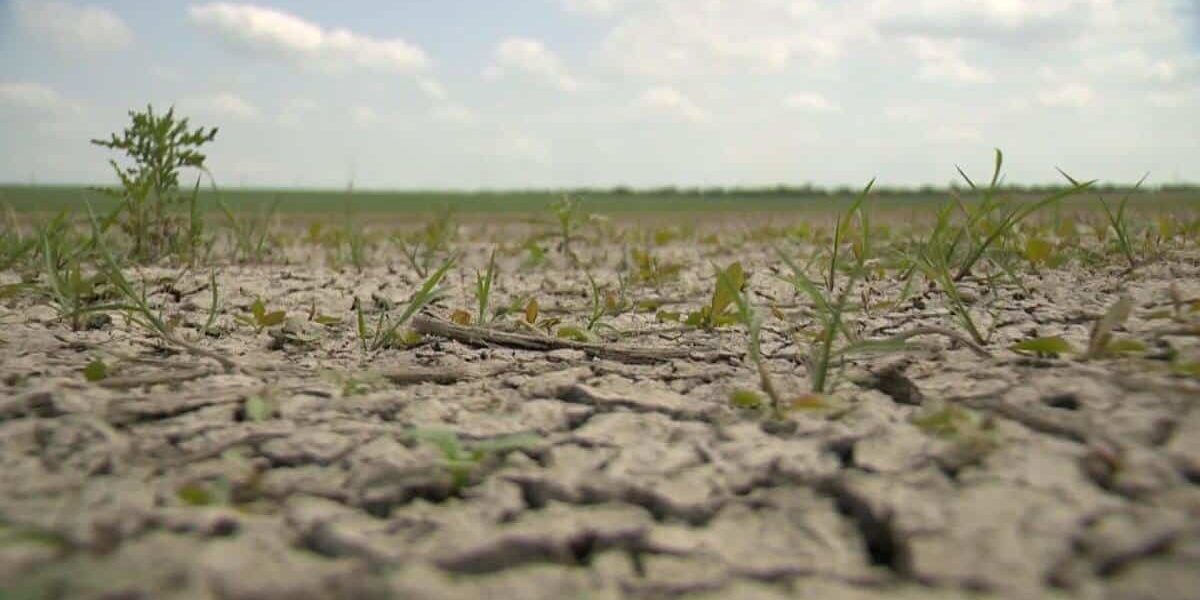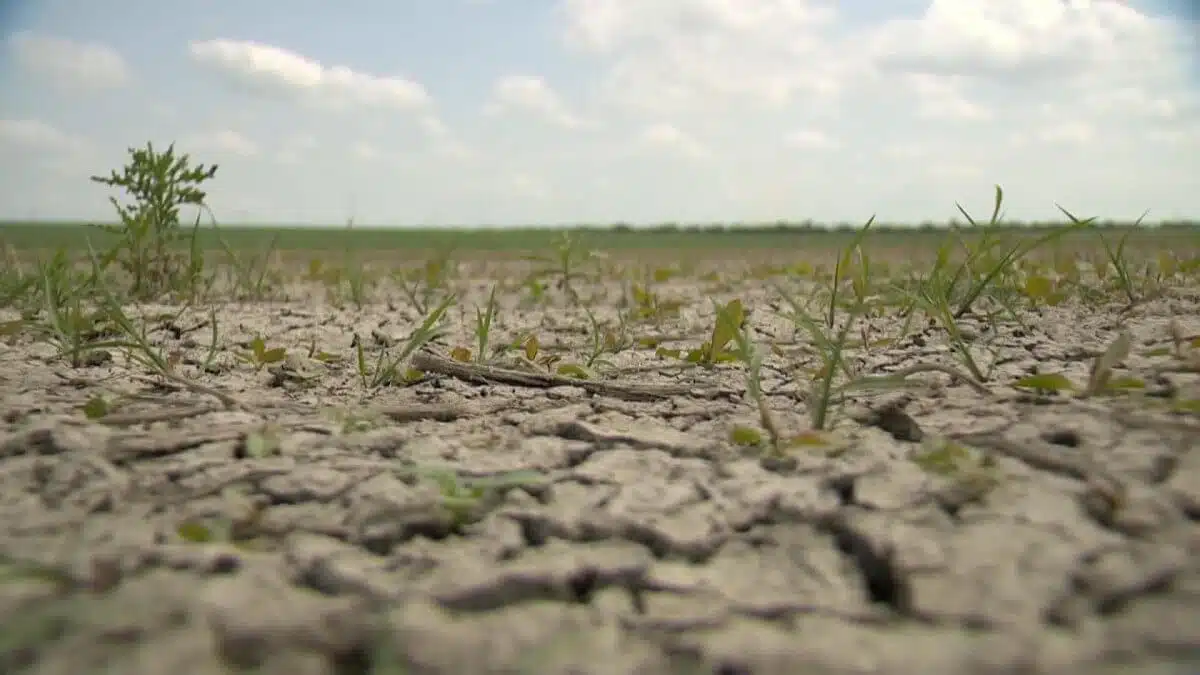Climate change has already wrought a great deal of havoc throughout the world, but its most recent impact is in a somewhat surprising area: the price and production of vegan meat and dairy products.
With farmers sorely hit by extreme drought conditions during the summer months, the vegan food industry needs to seriously rethink a number of things, particularly prices for plant-based meat substitutes.
Canada, in particular, found itself hit hard by the extreme heat. Over 90 percent of the agricultural land in the western part of the country was scorched throughout the summer, adversely affecting 45.9 million acres of arable farmland.
But what does this have to do with the price of meat substitutes? Many plant-based meats produced in Canada and the United States are derived or fabricated from pea protein.
The case of Canadian peas
Canada is considered one of the world’s leading pea-growing areas, and the harshest effect of the drought is the considerably low pea crop yield for this year. Pea production in the country was down by 45 per cent, driving the price of the protein-rich legume up by 120 per cent compared to prices from last year. Regrettably, this increased cost will be passed on to end-consumers.
Companies whose production has been affected by the drought include the Beyond Meat and Meatless Farm, Roquette Food Technology, and Ripple Foods.
Peas have long been known as key ingredients for many vegan meat and dairy substitutes. So much, in fact, that in 2018 alone, companies debuted over 750 pea-based products in stores throughout the region.
Today, peas are literally a “soup to nuts” ingredient that are used to create meatless burgers and cutlets, cheeses, ready-meals, dairy substitutes, and desserts.
However, this current scarcity is seen as an unprecedented situation. According to analysts at Roquette, the severely constrained supply of raw materials may not be enough to meet the rapidly increasing demand for plant-based proteins – a demand heavily driven by continuous calls by environmentalists and health professionals for more sustainable food sources and more healthful nourishment.
For his part, Roquette’s senior vice-president for plant proteins Jeremy Burks knows that their customers are keeping an eye on the price and availability of raw materials. But he is quick to add that customers can rely on the company’s investments to shorted supply chains in order to mitigate the impending price increase.
“The short term is a serious challenge,” Burks admits. “But we are making certain that [our] customers can look forward with confidence.”







